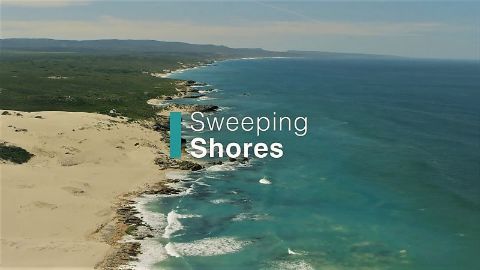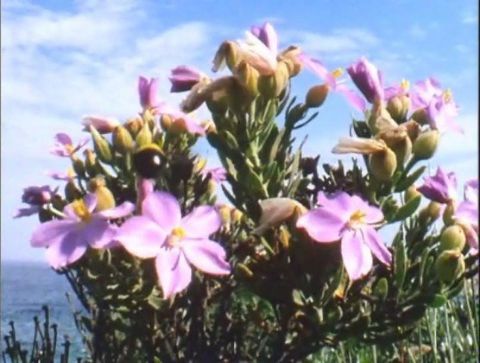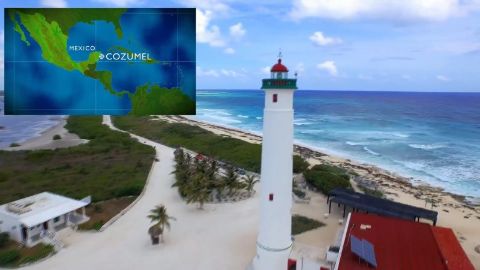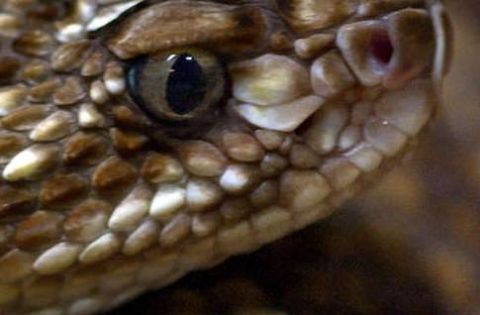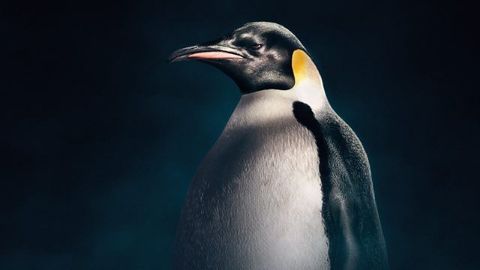Soul of the Ocean • 2023
Howard Hall, one of the world's foremost underwater filmmakers, brings to NATURE a lifetime of insights into how life in the ocean really works - in surprisingly cooperative communities built on age-old partnerships. Coral reefs turn out to be cosmopolitan cities where relationships thrive: a specialist shrimp, a baby damsel fish, and a porcelain crab all share the protection of an anemone; an urchin and a crab form an unlikely pair; fan corals each support their own kind of seahorse. They're all part of a vast system that only exists because everything is connected. From great whales to turtles, to sharks and tiny blennies, the ocean is full of creatures that need and support each other.
Make a donation
Buy a brother a hot coffee? Or a cold beer?
Hope you're finding these documentaries fascinating and eye-opening. It's just me, working hard behind the scenes to bring you this enriching content.
Running and maintaining a website like this takes time and resources. That's why I'm reaching out to you. If you appreciate what I do and would like to support my efforts, would you consider "buying me a coffee"?
Donation addresses
BTC: bc1q8ldskxh4x9qnddhcrgcun8rtvddeldm2a07r2v
ETH: 0x5CCAAA1afc5c5D814129d99277dDb5A979672116
With your donation through , you can show your appreciation and help me keep this project going. Every contribution, no matter how small, makes a significant impact. It goes directly towards covering server costs.
